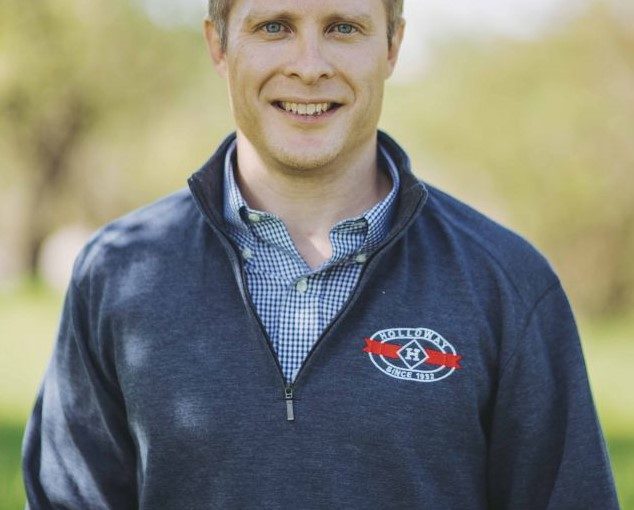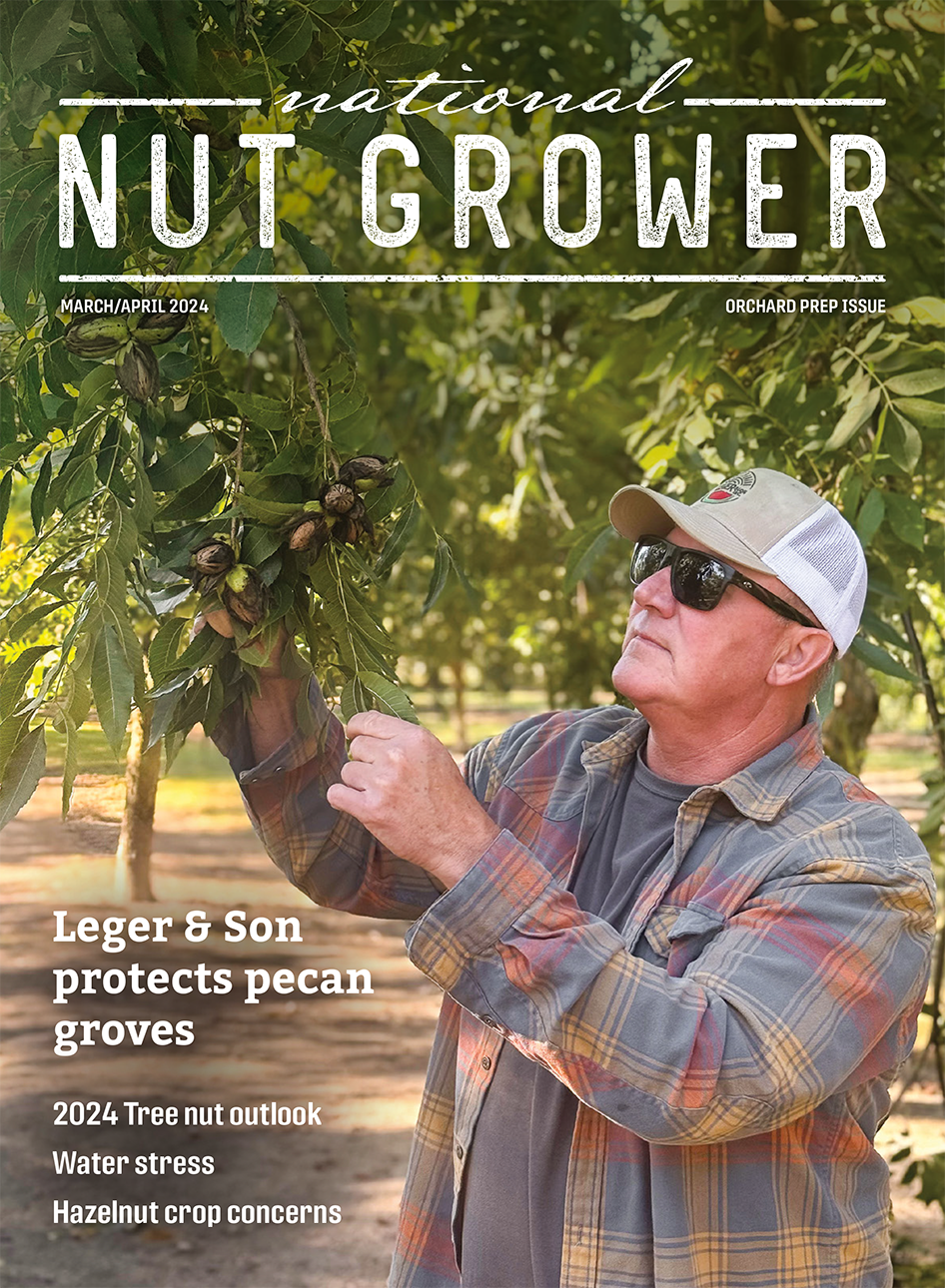Apr 22, 2021On Earth Day, recognize the importance of soil health
For those of us fortunate to be working in the agriculture industry, our everyday is Earth Day.
We have a connection to the earth unlike any other.

Almost all non-marine life on earth are dependent on those first few inches of soil that allow plant roots to anchor to the Earth’s surface. Equally important, each square inch of topsoil provides a home for billions of microorganisms, which are essential for breaking down essential nutrients, often naturally occurring but otherwise bound in the soil, to feed the roots. With 95% of our direct and indirect food supply coming from the soil, our very subsistence is highly dependent on the health of the ground below our feet.
However, we’ve asked a lot of our soils over the years. According to a 2015 report from the Food and Agriculture Organization of the United Nations, about 33 percent of the world’s soil is “moderately to highly degraded due to erosion, salinization, compaction, acidification, and chemical pollution of soils.” And according to the EPA, poor soil management practices account for nearly half of all greenhouse gas emissions (GHG) eitted by the ag industry.
While many fingers are pointing toward these challenges, the agricultural industry sits at a unique crossroad, with many in California already taking the steps to make a difference.
Many of the growers we work with have been farming the same ground for multiple generations. Our company has been providing farmers here in Central California products and services essential to soil health since the time of the Dust Bowl and the Great Depression.
Our growers understand that the soil is the foundation for everything we do. And keeping that soil healthy and productive is their life’s work.
It is not always written about, or well publicized, but California farmers are true stewards of the land, and are recognized within the industry as some of the most innovative and sustainable in the world.
“If you can make it in California,” they say, “you can make it anywhere.”
We take a scientific approach to growing and producing the food that feeds our planet. We take regular soil, water and tissue samples. Our in-house agronomy programs combined with precision deep ripping technology ensure we’re maximizing land development, optimizing inputs and proactively catching stressors before they negatively affect current or future crops.
We revitalize the soil with amendments and organic matter that replenishes the soil’s health, which in turn makes for healthy root systems and plants instead of relying on hooking the plants up to synthetic solutions that take more from the land in the long-term than they produce.
Can we do better? Yes, we all can.
We can continue to improve our soil management programs, finding creative ways to enhance soil organic matter and the availability of naturally occurring nutrients, and strive to only use the amount of inputs our soil needs to maximize production – all while helping to feed a growing population expected to surpass 9.7 billion by 2050.
We can continue to restore our lands, by rotating or planting cover crops, helping prevent erosion and increasing the amount of carbon stored in our soils.
The good news on this Earth Day? The FAO report “offers evidence that this loss of soil resources and functions can be avoided.” And turned around, in many cases. .
A more recent 2019 report, California’s Climate Change Implementation Plan, for example, notes that farms and forests could absorb as much as 20 percent of California’s current level of GHG emissions.
Supplement soil sequestration with improvements in soil management practices, technological advances such as GPS and variable rate applications, and improved soil sensing and sampling technologies, and we’re now able to provide our soils with only the amendments and nutrients it needs to maximize soil health and production.
In that sense, technology and improved soil management practices have made our connection to the soil even stronger in recent years.
So for Earth Day, this year instead of simply hugging a tree, let’s not forget to kiss the ground – and sustain that connection and dedication to improving the land we farm for generations to come.
– Brian Maxted is CEO of Holloway Agriculture, a provider of soil-first solutions and services out of Bakersfield, California. Learn more here.







